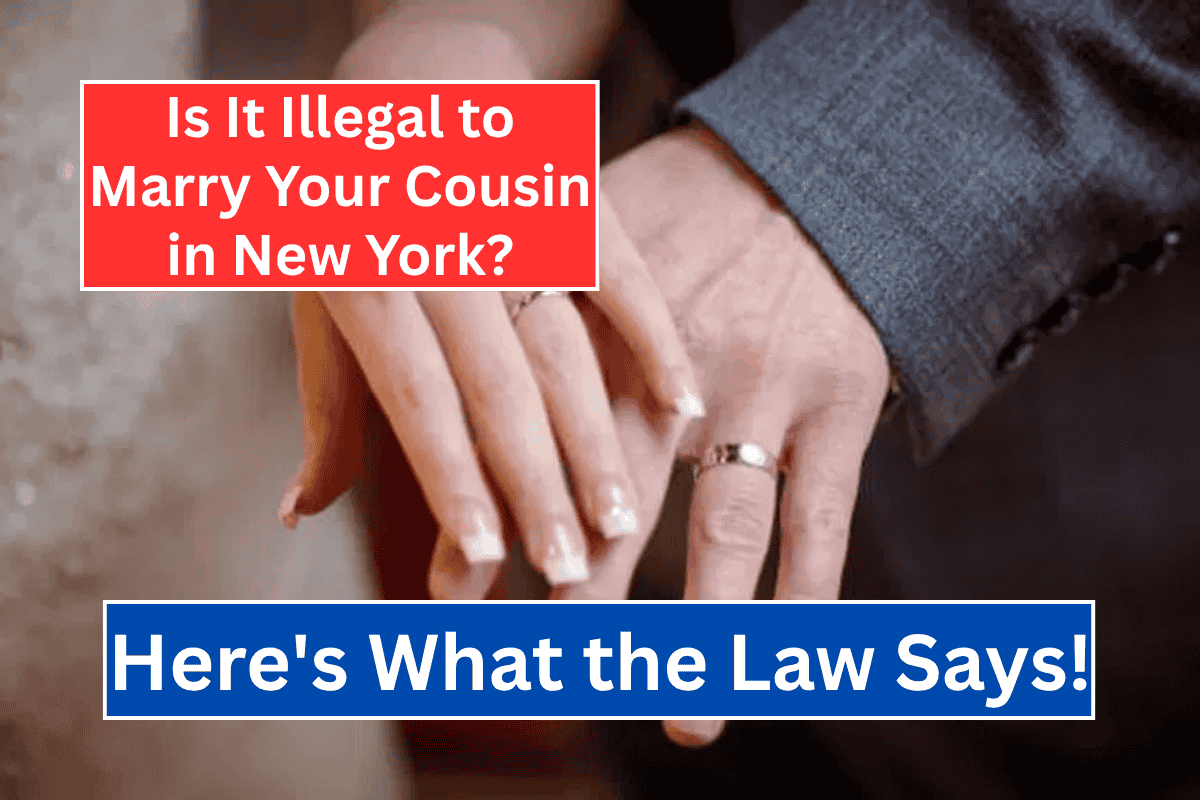Marriage laws can vary greatly depending on where you live, and in Indiana, there’s a specific rule about whether first cousins can marry. While the idea may seem unusual to some, it’s a topic that has been discussed for many years. In fact, marrying within families was once quite common, especially in smaller, close-knit communities. Let’s break down Indiana’s law about cousin marriages and explore what it really says.
Was It Normal to Marry Your Cousin in the Past?
In the past, marrying within one’s family or community was more common, particularly in tight-knit towns where there weren’t many marriage options. Many families kept traditions alive by marrying close relatives.
Even some famous figures in history married their cousins. For example, U.S. President Franklin D. Roosevelt married his fifth cousin, Eleanor Roosevelt. Renowned scientist Albert Einstein and naturalist Charles Darwin also married their first cousins. Back then, these marriages weren’t considered unusual.
What Does Indiana Law Say About Cousin Marriage?
In Indiana, the law is clear: first cousins cannot marry unless they meet a special condition. The special exception is if both people are 65 years or older. In that case, they can marry, even if they are first cousins. However, if either party is younger than 65, it is illegal to marry a first cousin in Indiana.
This rule is largely due to health concerns. Research suggests that children born to closely related parents may face a higher risk of genetic disorders or birth defects, which is why Indiana has put this law in place.
Can Other Types of Cousins Marry in Indiana?
Yes, people who are more distantly related can marry without any issues. The law only prevents first cousins from marrying if they are both younger than 65. This means that in Indiana, you can legally marry:
- Second cousins
- Third cousins
- First cousins once removed
- And any more distant relatives
So, unless you are planning to marry your first cousin and you’re both under 65, there’s no law stopping you from marrying a cousin, no matter how far removed they may be.
Why Does the Law Limit First Cousin Marriages?
The law against first cousin marriages in Indiana is based on scientific reasoning. According to Dr. Hanan Hamamy, a genetic expert from Geneva University, when close relatives marry, their children are at a higher risk of genetic problems, such as birth defects or genetic disorders. This is because closely related individuals share more of the same genetic material, which increases the likelihood of recessive genes (which can lead to health issues) being passed on to their children.
Due to these health concerns, many places, including Indiana, have laws to limit cousin marriages—except in cases where the couple is older and unlikely to have children.
Even though cousin marriages might sound strange today, they were once common, even among some of history’s most well-known figures. In Indiana, first cousins cannot marry unless they are both 65 years or older. This rule is in place primarily to reduce potential health risks for children that could result from closely related parents. However, more distant cousins, such as second or third cousins, are free to marry without restriction.









